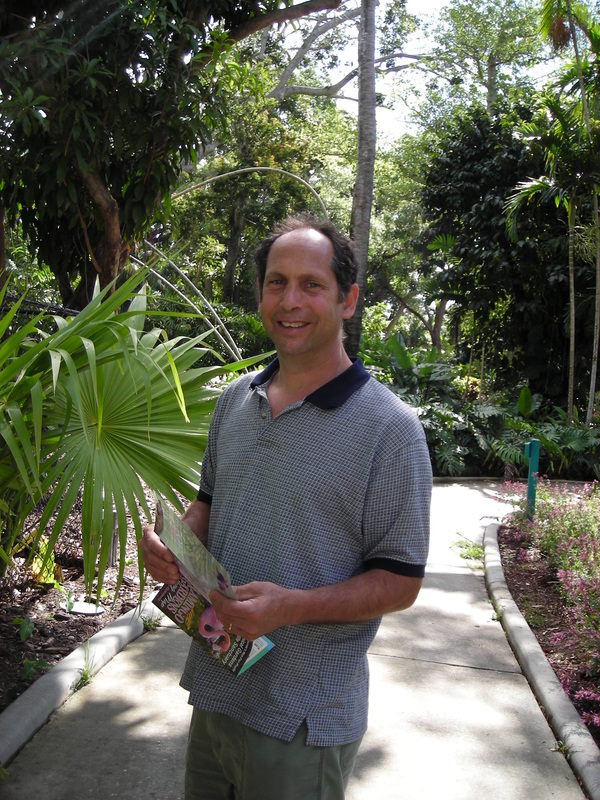Case 35 Seijõ's Soul Separated
Goso said to his monks, "Seijõ's soul separated from her being. Which was the real Seijõ?"
Mumon's Comment
When you realize what the real is, you will see that we pass from one husk to another like travelers stopping for a night's lodging.
But if you do not realize it yet, I earnestly advise you not to rush about wildly.
When earth, water, fire, and air suddenly separate, you will be like a crab struggling in boiling water with its seven or eight arms and legs.
When that happens, don't say I didn't warn you!
Mumon's Verse
The moon above the clouds is ever the same;
Valleys and mountains are separate from each other.
All are blessed, all are blessed;
Are they one or are they two?
This case uses an ancient Chinese folk tale about Seijo. The story is, she falls in love with a young man who their parents don't approve. They run off together and get married. In time she decides to make amends to her parents and they go back. Unknown to this Seijo when she left her parents some how she divided in two and another version of her stayed with her parents and never married. When the married version of Seijo approaches her parents door simultaneously the other version of Seijo comes to the door and the two versions merge and become one again.
I think in Chinese culture this is a tale of the importance of filial devotion, how a person can never be truly happy if they go against the will of their parents. But this is not the importance of the tale to a Zen practitioner. For the Zen practitioner this koan allows us to clarify such issues as the soul, duality and non-duality, zen action, and even reincarnation.
I immediately think of the line out of Hakuin Zenji's Song of Zazen, "Not two not three, straight ahead runs the Way." The Way is the way of Zen practice. Hakuin tells us not to be divided in our practice. Practice with single mindedness. When you sit zazen just sit zazen, when you clean the toilet just clean the toilet. Do not let the mind wander imagining we are someplace else or doing something else. This approach in fact is the essence of meditation mindfulness and concentration, even if one is not sitting. Maybe this tale is telling us we should bring our emotions and intellect into harmony before we act. We can call this Zen activity but to function this way is not easy and may only be the outcome of many years of Zen practice, but even so this is what we try to practice. We can see the story from this perspective but this is only one perspective.
There is also the perspective of the larger "not two", the perspective of cosmic non-duality. Our practice, all our sitting, the practice of a active meditation we can think of it all from the perspective of the small self, finding happiness or enlightenment. Or we can try to drop the small self and think of our practice as an end in itself and just accept without judgement what it gives and how it changes one. But even if we take this second approach which we might call the practice enlightenment approach our practice is still the preparation for a deep change in our psyche and a whole new perspective. I can tell you this is the perspective of no-self or non-duality but my passing some intellectualization of the experience will do little to actually allow to you enter the perspective. Even so I try.
Maybe you are a diligent practitioner and have even had some deep experiences this does not mean you have fully clarified the perspective of non-duality. Nor does it mean that you have the full flexibility of mind to penetrate this koan What is Mumon talking about when he says?
When you realize what the real is, you will see that we pass from one husk to another like travelers stopping for a night's lodging.
Maybe he is talking about reincarnation but is this reincarnation as we normally think of it? I don't think so. We need flexibility of mind to understand this statement. We also need to step out of the individual idea of the self. This cannot be done with our normal way of thinking. We need poetic liberation. We need to stop seeing words as fixed concepts but rather as metaphor for a deeper reality. And this deeper reality must be experienced again and again. One of the classic yogic skills is psychic transference, Zen teachers often say "Become One with ...." a tree or a bird or the sound of the running river or even another person. What does this mean? Or are we talking about moment to moment rebirth. Again do you understand this? Don't be caught in our normal way of seeing things. Break free.
Lastly Mumon adds a warning.:
When earth, water, fire, and air suddenly separate, you will be like a crab struggling in boiling water with its seven or eight arms and legs.
When that happens, don't say I didn't warn you!
Do not try to think out this koan with our normal dualistic thought, it will not work. We must become intimate with this deeper reality and then it will all make sense.

 RSS Feed
RSS Feed